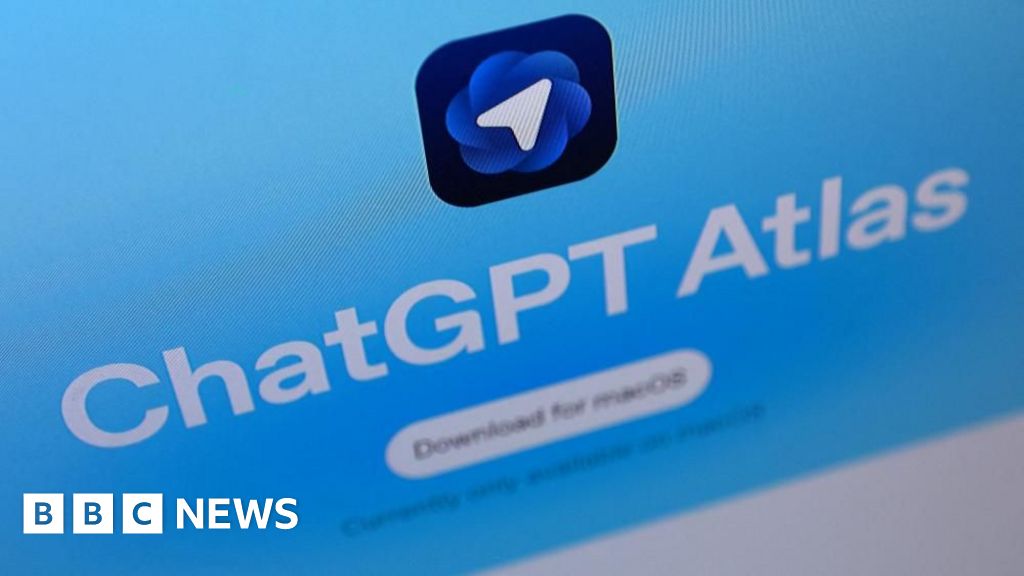OpenAI unveiled ChatGPT Atlas, a new browser designed to integrate AI-driven search, summarisation, and information processing directly into the web experience. The tool merges browsing with the core capabilities of ChatGPT, enabling users to filter, structure, and analyse online content with AI support. Its purpose is to transform the browser from a passive navigation tool into an active research and analysis platform.
According to OpenAI’s announcement, Atlas is not intended as a conventional search engine alternative but as a new category in digital information processing. The browser is available as part of the subscription-based ChatGPT ecosystem and closely linked to the OpenAI API and other products. Atlas primarily reinforces OpenAI’s ecosystem rather than directly competing with Google or established browsers. Atlas can process information from real-time sources and deliver structured, contextualised answers, giving it a distinctive position compared to traditional browsing.
The launch of ChatGPT Atlas marks a milestone in AI-assisted information retrieval by shifting the focus from passive browsing towards active, analytical data processing. Over time, this development could reshape how users interact with online information and signal the broader adoption of AI-centred browsing models in the coming years.
Sources:
1.

2.

3.

4.





